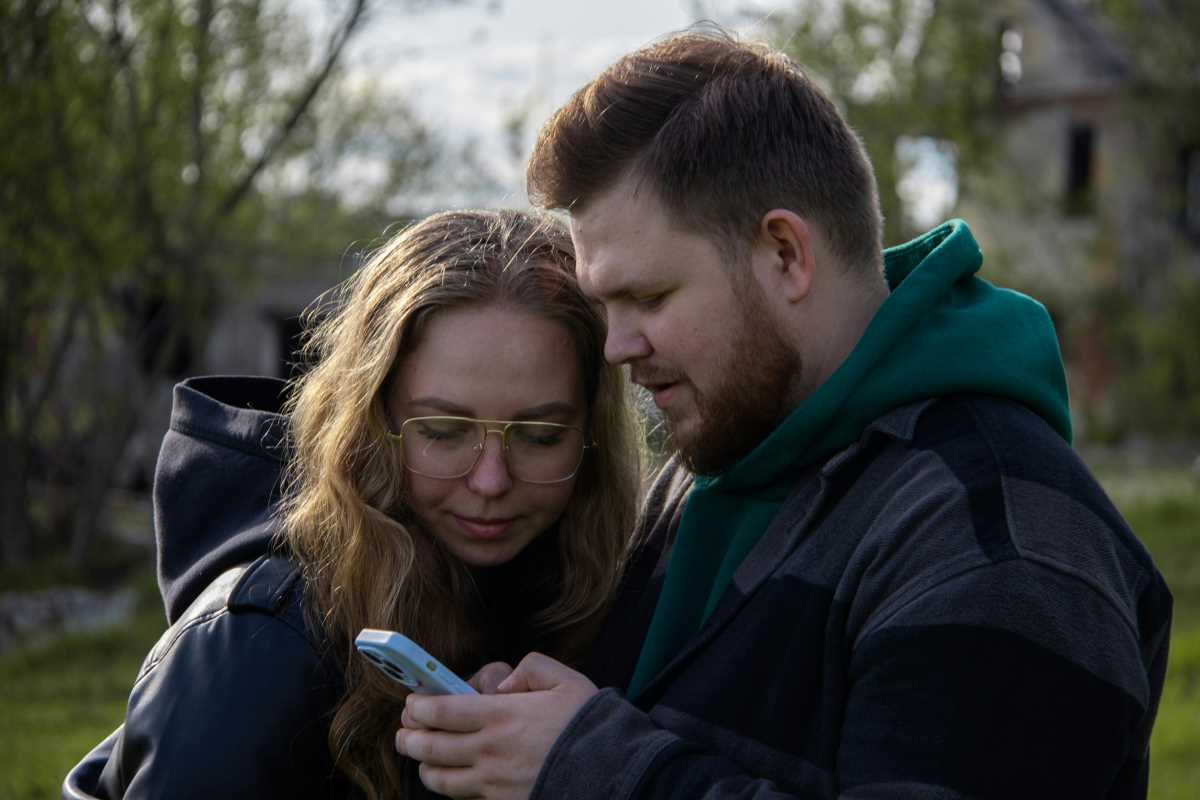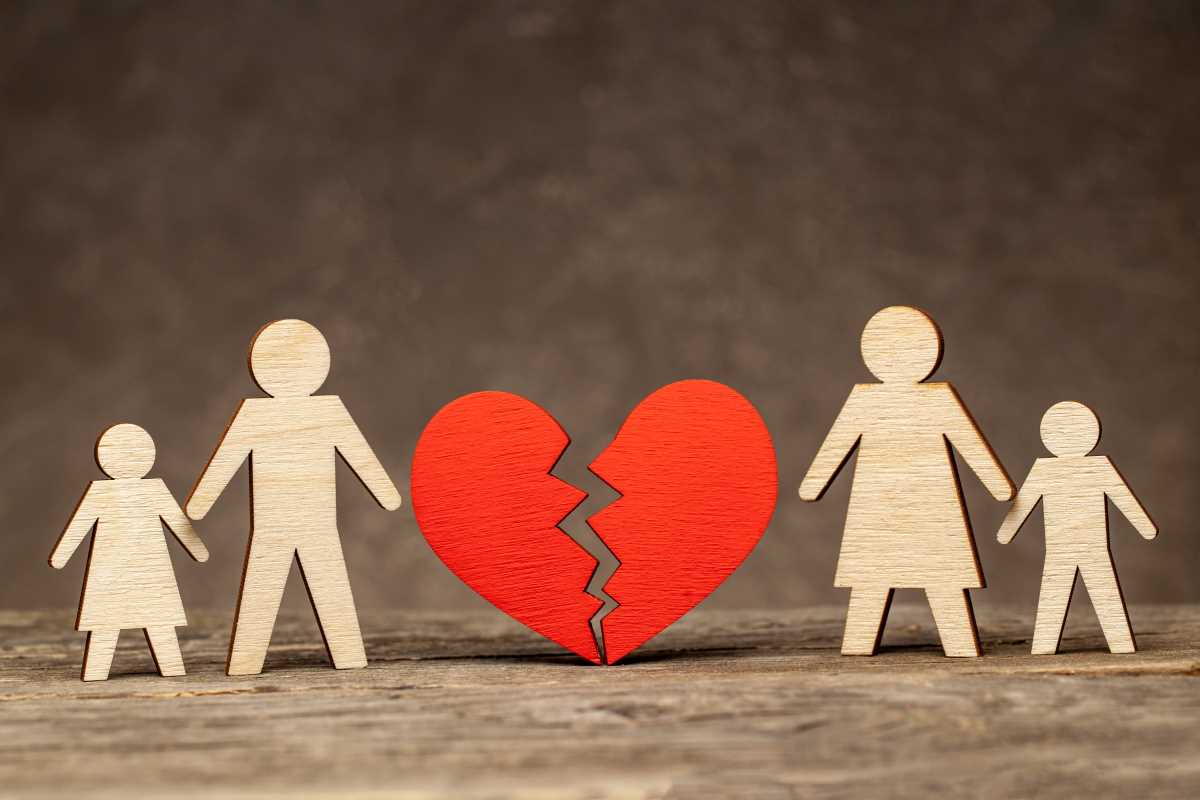In the intricate tapestry of family dynamics, forgiveness often serves as the thread that mends frayed relationships. When family members have been hurt - whether through betrayal, neglect, or misunderstanding - the journey toward healing and redemption becomes paramount. This journey is not merely about absolving past wrongs, but about fostering an environment where growth, understanding, and genuine connection can flourish. It’s a process that challenges both individuals and families to reflect deeply on their actions and emotions, ultimately striving for something greater than mere reconciliation - a true transformation of how they relate to one another.
Understanding the Foundations of Family Forgiveness
Forgiveness within a family context is a deeply personal and multifaceted process. It involves acknowledging the pain that has been inflicted, understanding the motivations behind the actions that caused it, and making the choice to release the grip of resentment. However, this act of letting go is not about excusing or minimizing the offense - it is about freeing oneself from the emotional burden that can weigh heavily on the soul. Forgiveness is not a one-size-fits-all solution; it’s an individual decision influenced by one’s emotional capacity, experiences, and desires for the future. What works for one family member may not work for another.
- Forgiveness, in its truest form, is about healing the self before it is about reconciling with others.
- It is a process that doesn’t come with a timeline or set rules - it evolves alongside the individuals involved.
- Recognizing that some wounds may never fully heal, but they can be understood, is part of the journey.
- For some, forgiveness may result in reconciliation, while for others, it leads to a peaceful parting of ways.
- Whatever the outcome, the act of forgiveness serves as a crucial step toward emotional liberation.
The Role of Redemption in Healing
Redemption plays a pivotal role in the process of healing. It is the act of making amends and seeking forgiveness for past transgressions, a critical component that bridges the gap between pain and resolution. In the realm of family relationships, redemption is essential because it reflects a commitment to change and a sincere effort to restore trust. Without redemption, healing often stalls, and past grievances continue to fester beneath the surface.
However, redemption requires more than just words - it demands action. Genuine remorse must be paired with consistent effort and accountability. Trust cannot be rebuilt overnight; it takes time, patience, and unwavering dedication. Without these elements, the path to healing becomes obstructed, and the cycle of hurt remains unbroken.
- When redemption is embraced, relationships have the potential to evolve beyond their original dynamics.
- It allows for second chances, but with the understanding that they must be earned through continued effort.
- Redemption requires vulnerability, often forcing individuals to confront uncomfortable truths about their past actions.
- It provides a foundation for healing, helping individuals understand the impact of their choices.
- When genuine, redemption has the power to transform relationships into ones built on mutual respect and trust.
Steps Toward Reconciliation
Healing in family relationships is a journey that requires patience, empathy, and open communication. While the path may be fraught with challenges, there are essential steps that can help families move toward reconciliation. These steps not only encourage forgiveness but also nurture deeper emotional bonds.
- Acknowledgment: Recognizing and validating the feelings of all parties involved is a critical starting point. This step allows each person to express the pain they’ve experienced without fear of judgment.
- Open Communication: Honest and respectful conversations help dismantle misunderstandings and provide an opportunity for healing. Creating a safe space where all voices are heard fosters understanding.
- Empathy: Striving to understand the perspectives and emotions of others is an act of compassion. Empathy deepens connections and allows family members to move past surface-level disagreements.
- Commitment to Change: A sincere willingness to adjust behaviors that contributed to the conflict is essential for lasting healing. Change does not occur overnight, but with consistent effort, progress can be made.
- Patience: Emotional wounds take time to heal. Trust may be rebuilt gradually, and some relationships may never be exactly as they once were - but with patience, growth is inevitable.
These steps create a foundation for healing and allow families to transform their relationships, fostering a more harmonious, understanding environment.
Challenges in the Path to Forgiveness and Healing
While the journey toward forgiveness and healing is hopeful, it is not without its share of difficulties. Deep-seated wounds, repeated betrayals, and an unwillingness to confront uncomfortable truths often stand as formidable obstacles. In some cases, cultural influences and societal expectations further complicate the process. Family dynamics are influenced by a variety of factors - history, tradition, and even personality differences - making it even more difficult to navigate the complexities of forgiveness.
Overcoming these hurdles requires resilience, a genuine commitment to personal growth, and, at times, professional guidance. It’s important to recognize that healing is not linear. Some steps forward may feel fleeting, while others may feel as though they’ve been bypassed entirely. However, the key is to continue moving forward despite setbacks.
- Support groups or counseling can be invaluable in navigating particularly tough familial situations.
- Open dialogues often stir up old emotions, but this can be an essential step in understanding each other better.
- Sometimes, forgiveness is not reciprocated, and that’s an outcome that needs to be respected, even if it is painful.
- Learning to set boundaries without guilt can assist in preserving self-respect during the healing process.
- Patience, combined with a willingness to adapt and grow, is the ultimate tool for navigating challenges.
The Transformative Power of Forgiveness
Forgiveness, when embraced fully, has the power to transform relationships and bring about profound change. It is not merely a resolution - it is a gateway to personal and collective healing. Within families, it has the potential to break generational cycles of conflict and foster a more compassionate, understanding future. Forgiveness doesn’t erase the past, but it creates a space where healing is possible.
Moreover, forgiveness sets a powerful example for younger generations. It teaches children and grandchildren the value of empathy, compassion, and resilience in maintaining healthy relationships. In this way, forgiveness becomes a legacy - a gift that keeps giving across generations, guiding family members toward more fulfilling connections.
The intersection of redemption and healing in modern family forgiveness is a dynamic and evolving process. It requires introspection, effort, and a shared commitment to personal and collective growth. By embracing forgiveness, families can navigate conflicts, heal wounds, and build stronger, more resilient relationships.
 (Image via
(Image via





